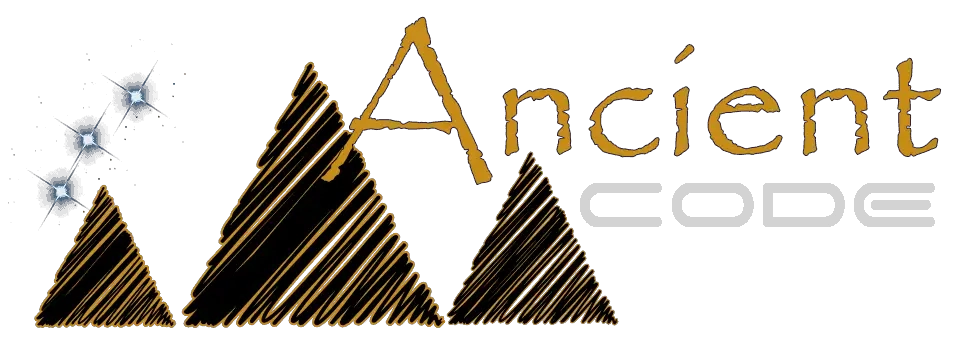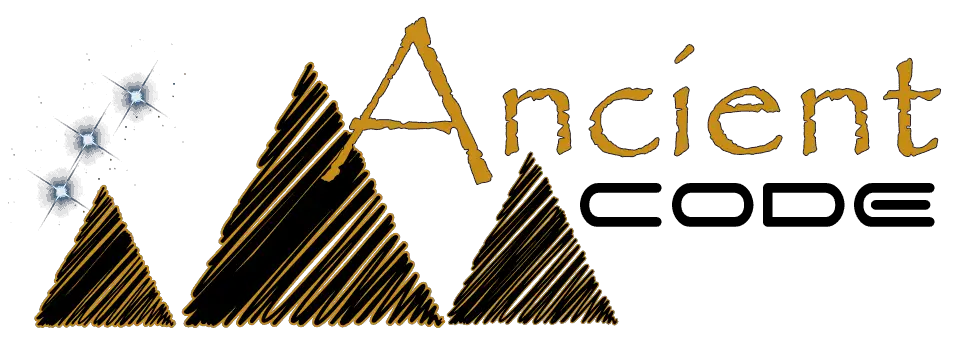Scientists have managed to bring back to life a lost language from 8,000 years ago.
The sounds of languages that died thousands of years ago have been brought to life again through technology that uses statistics in a revolutionary new way.
Researchers have posted a fascinating study where you can actually hear how our ancestors spoke 8,000 years ago.
Scientists from the universities of Cambridge and Oxford have managed to reproduce some of the words that originated from a language which disappeared from the face of the Earth thousands of years ago.
The Proto-Indo-European language is believed to have been a mother language that would give birth to hundreds of languages on planet Earth including Roman, Germanic, Baltic, Slavic, and Indo-Iranian. The mother language was spoken sometime from 6000 to 3500 BC by ancient people inhabiting the region of the Caspian Sea, in the territories of what are now Russia, Ukraine, and Kazakhstan.
Since there is no written evidence, researchers have had to work for centuries to rebuild the original mother language that gave rise to a number of different languages.
According to an article posted on the website of the University of Cambridge: “No matter whether you speak English or Urdu, Walloon or Waziri, Portuguese or Persian, the roots of your language are the same. Proto-Indo-European (PIE) is the mother tongue – shared by several hundred contemporary languages, as well as many now extinct, and spoken by people who lived from about 6,000 to 3,500 BC on the steppes to the north of the Caspian Sea.”
So far no one was able to figure out that this language sounded like. However, scientists from the British universities of Oxford and Cambridge have applied a methodology of acoustic-phonetic statistical processing, called ‘statistical forms’ which allowed them to recover LOST sounds of words and how they sounded like 8,000 years ago.
This is how scientists were able to reproduce the origin of some of the words still in use today, as the number ONE in English that comes from the word ‘OINOS’ from the PIE language. They were also able to reconstruct some words used in modern Romance languages tracing back their origin to Latin.
According to writings on the website of the University of Cambridge: The longest path of development simulated so far goes backward 8,000 years from English one to its PIE ancestor oinos, and likewise for other numerals. They have also ‘gone forwards’ from the PIE penkwe to the modern Greek pente, modern Welsh pimp and modern English five, as well as stimulating change from Modern English to Anglo-Saxon (or vice versa), and from Modern Romance languages back to Latin.
“We’ve explicitly focused on reproducing sound changes and etymologies that the established analyses already suggest, rather than seeking to overturn them,” says Coleman, whose research was funded by the Arts and Humanities Research Council.
Scientists say it is possible to extrapolate the languages into the future, although they note that considerable changes in spoken language will hardly take place over the next couple of centuries.
Interestingly, the statistics of shape are not just being used to show how different languages relate to each – they are also being used to improve the analysis of medical images.
Journal Reference:



